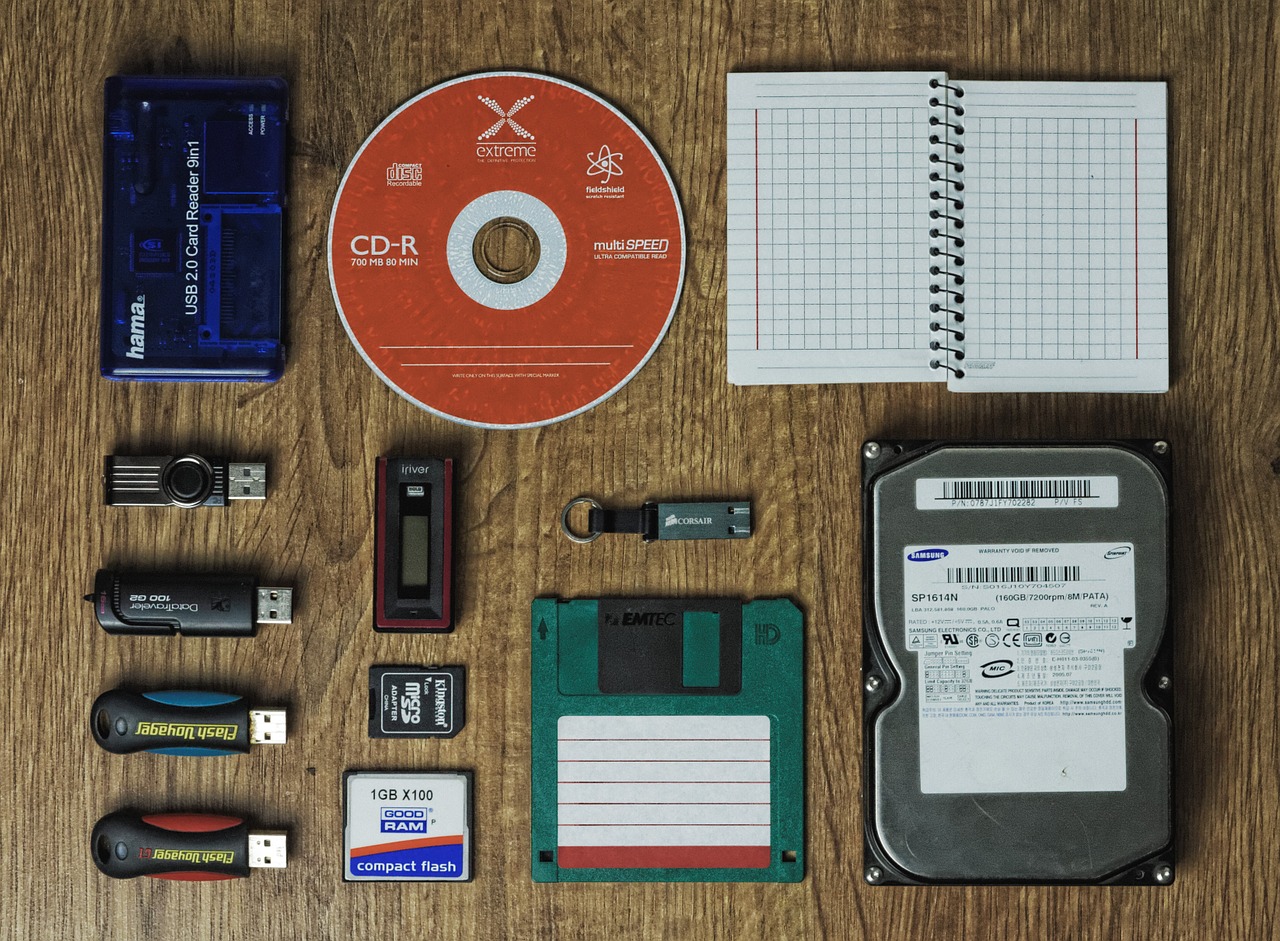As a freelancer, there are few things more important than protecting your work and, by extension, your career. This can be difficult to do -especially if you work in creative spheres – because many people honestly believe that everything they find online is “fair use.” We, of course, know better. So how do you keep the randos from stealing your hard work and using it for their own gain?
Here are a few tips that have helped us.
Protect Your System
We live in the age of the Internet of Things where connectivity is no longer limited to single, stationary, access points. Today, most of the things we own, from our media devices to our watches to even our refrigerators are connected and networked together. This is great for our convenience but poses a huge threat to our intellectual property. The more access points there are, the more opportunities for hackers or even competitors to steal your stuff. Make sure that you have the proper security measures in place and that you have the strictest settings in place.
Back Up Your Backups
We all know to save and save often, right? It is equally important to keep backups of your work and even to back up those backups. And we don’t mean to just back up your work to the cloud. We highly encourage you to back your work up on physical hard drives (they’re getting cheaper every day) and USB sticks. These extra backups are important because once they are disconnected from your device, the material on them is safe from people who might try to hijack your system. They can also provide valuable proof that you created your work before someone else, should some jerk try to profit off of work that you did.
Also read: 7 Must-Have Home Office Tools for Freelance Writers
Use IoT to Your Advantage
It is also important to understand that the Internet of Things isn’t entirely dangerous. It can also be very advantageous, especially to those whose careers are largely flexible and mobile (hello freelancing we’re looking at you). It might seem superfluous to have a watch that connects to your mobile device, but it can also be very helpful. For example, many of the smartwatches out there display texts and emails, allowing you to keep up with correspondence without forcing you to find your phone or set up a tablet.
The cloud – the brain behind all of those connected and networked things – is also very helpful. The cloud is what allows you to work with your clients remotely and across devices. This means you are no longer required to lug a heavy laptop with you to a client’s office. Your tablet or even your phone should suffice. Gone are the days of forgetting files or losing emails or notes. The cloud is what makes apps like Evernote so useful.
Finally, these interconnected things can help improve your productivity and your health. You can set up your devices with apps that notify you if you’ve spent too much time sitting down, that you have spent too much time on social media, etc. The healthier and more productive you are, the more profitable your freelancing empire will be.
IoT for Career Advancement
In addition to using the Internet of Things to connect your life and business more intricately, it also provides a lot of great freelance opportunities. As a topic, IoT is still relatively new and not everybody understands what it is and how it works.
You could be the writer who helps explain it to people outside of the tech industry. For example, why not pitch an article about how IoT keeps kids safe to a site or magazine for parents? Or about how teachers can use it to enhance their classrooms? Get creative. You’ll likely be able to come up with lots of ways to explain the IoT across genres and, because those articles are few and far between outside of tech circles, you’ll likely be paid well for them.
The point is this: IoT is the embodiment of living in the future. And like everything else about living in the future, it has its good aspects and bad. As long as you make sure to keep your network secure and to back up your work, there’s no reason you can put the IoT to work for you.
What’s your experience with IoT?




Leave a Reply